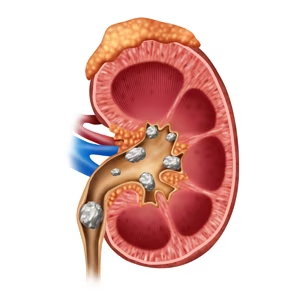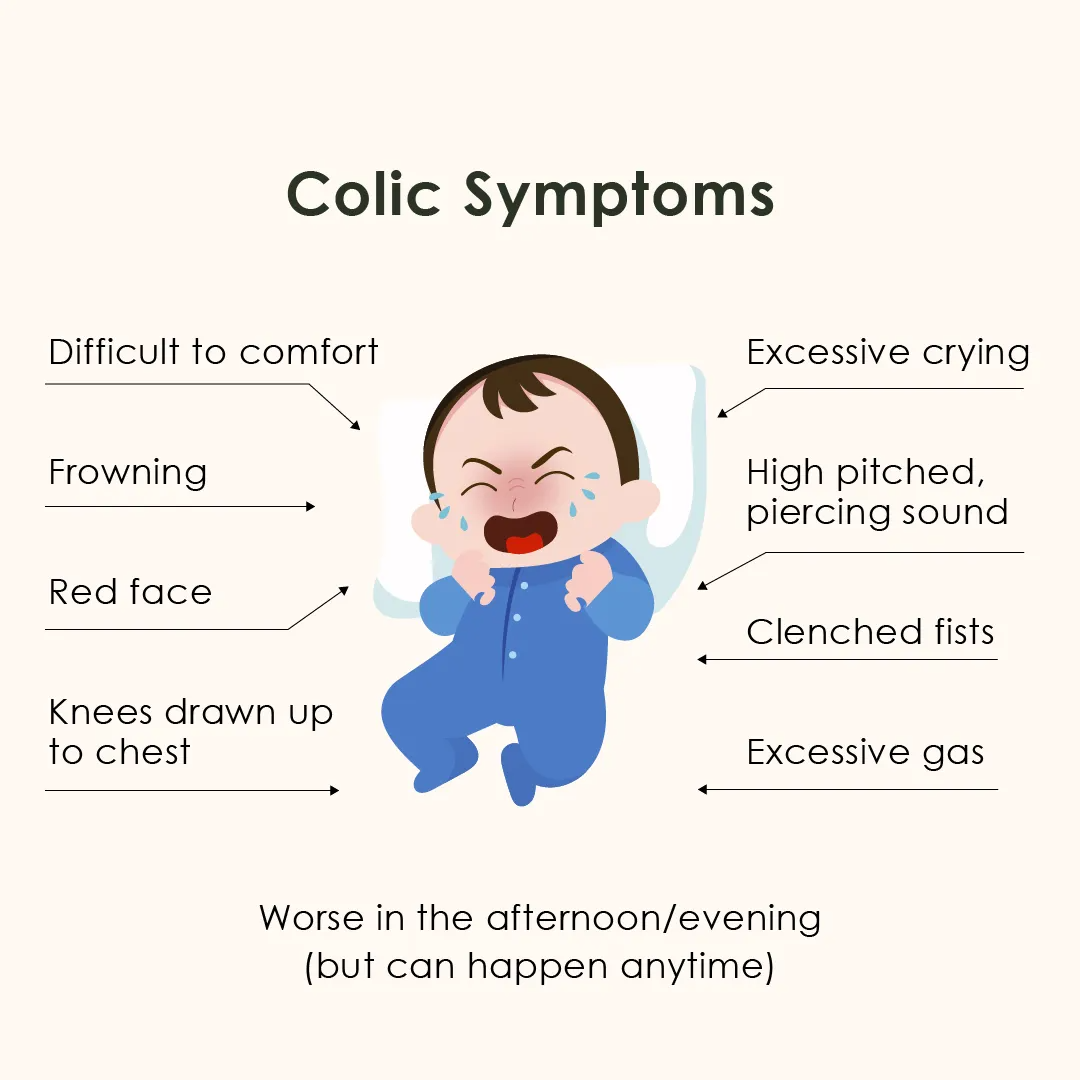Renal colic in infants is a medical condition that can cause significant distress to both the child and the parents. It is characterized by severe, often fluctuating pain in the lower back or side of the abdomen, caused by kidney stones or other urinary tract issues. This article aims to provide a comprehensive understanding of renal colic in infants, its causes, symptoms, diagnosis, and treatment options.
What is Renal Colic?
Renal colic is a type of pain that occurs when a kidney stone or other obstruction blocks the urinary tract. The pain is typically severe and can come in waves, varying in intensity as the body tries to push the stone out. While this condition is more common in adults, it can also occur in infants and young children.
Causes of Renal Colic in Infants
The primary cause of renal colic in infants is kidney stones. These are hard deposits of minerals and salts that form inside the kidneys. Other potential causes include urinary tract infections, congenital abnormalities in the urinary tract, or severe dehydration, which can lead to the formation of crystals in the urine that can develop into stones.
Symptoms of Renal Colic in Infants
Identifying renal colic in infants can be challenging as they cannot express their discomfort verbally. However, some common symptoms include:
- Unexplained crying or fussiness
- Visible discomfort or pain
- Blood in the urine
- Frequent urination or difficulty urinating
- Fevers and chills, if an infection is present
Diagnosis and Treatment
If renal colic is suspected, the doctor will likely perform a physical examination and may order tests such as a urine analysis, ultrasound, or CT scan to confirm the diagnosis. The treatment for renal colic in infants primarily involves managing pain and facilitating the passage of the stone. This can include:
- Pain medication
- Increased fluid intake
- Antibiotics, if an infection is present
- In severe cases, surgical intervention may be necessary
Prevention of Renal Colic in Infants
While it may not be possible to prevent all cases of renal colic in infants, there are steps that can be taken to reduce the risk. These include ensuring the infant gets enough fluids, particularly in hot weather or when ill, and maintaining a balanced diet.
Conclusion
Renal colic in infants, while relatively rare, can be a distressing condition. Early recognition of symptoms and prompt medical attention can help manage the condition and alleviate the infant’s discomfort. As with many health issues, prevention is better than cure, and ensuring your infant stays well-hydrated and follows a balanced diet can help reduce the risk of kidney stones and renal colic.
Remember, if you suspect your child may be suffering from renal colic, seek immediate medical attention. The information provided in this article is intended for educational purposes only and should not be used as a substitute for professional medical advice.




